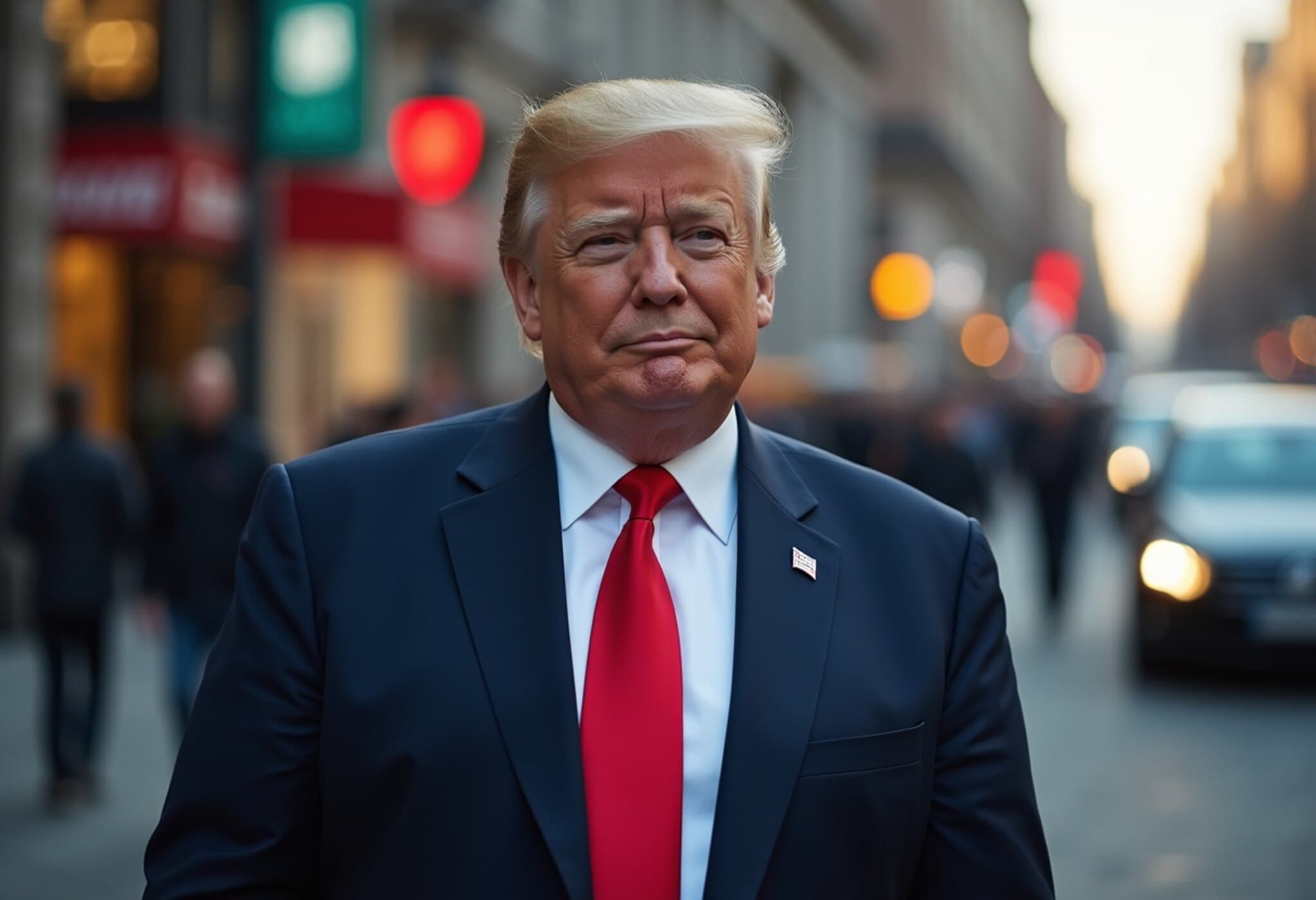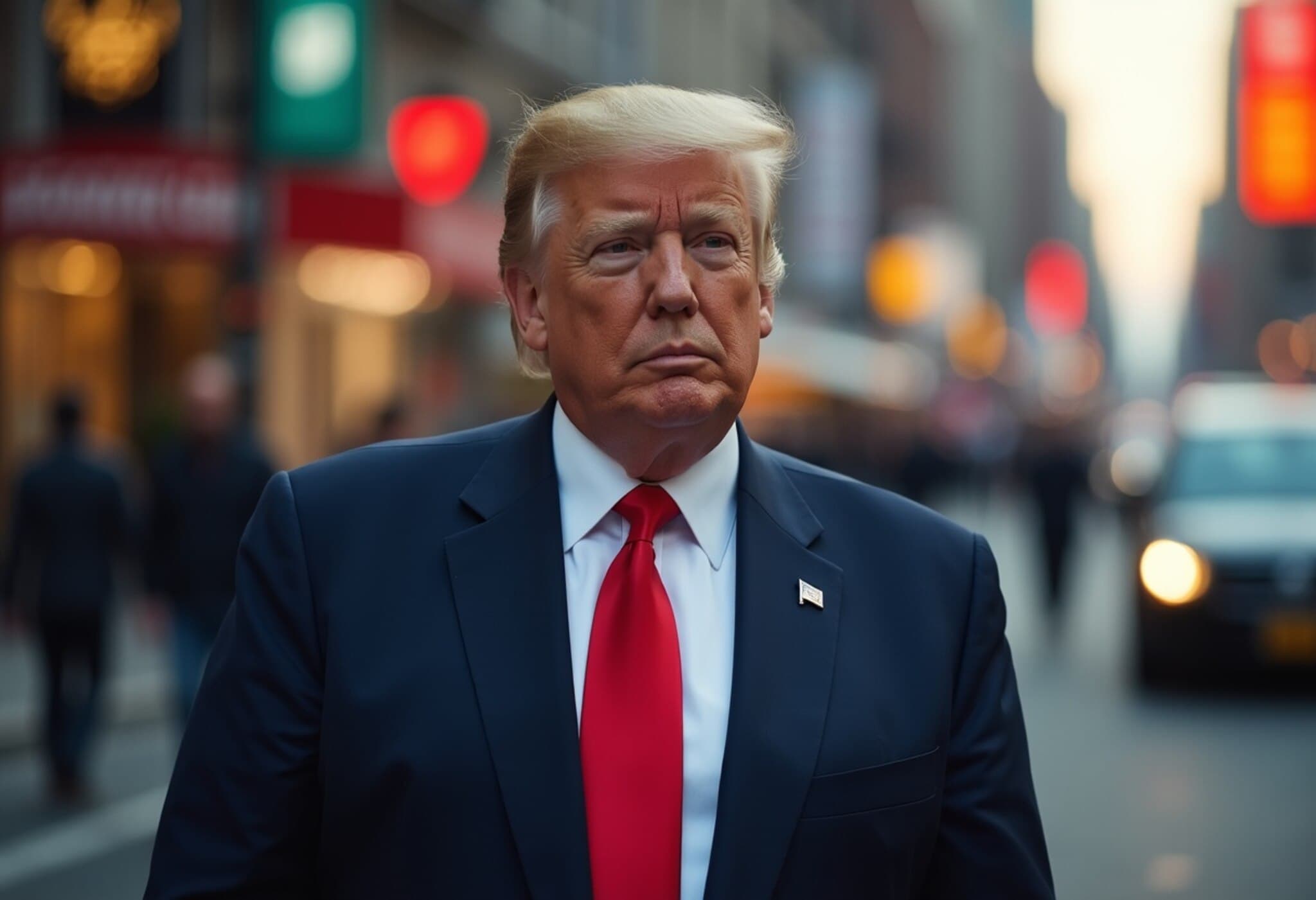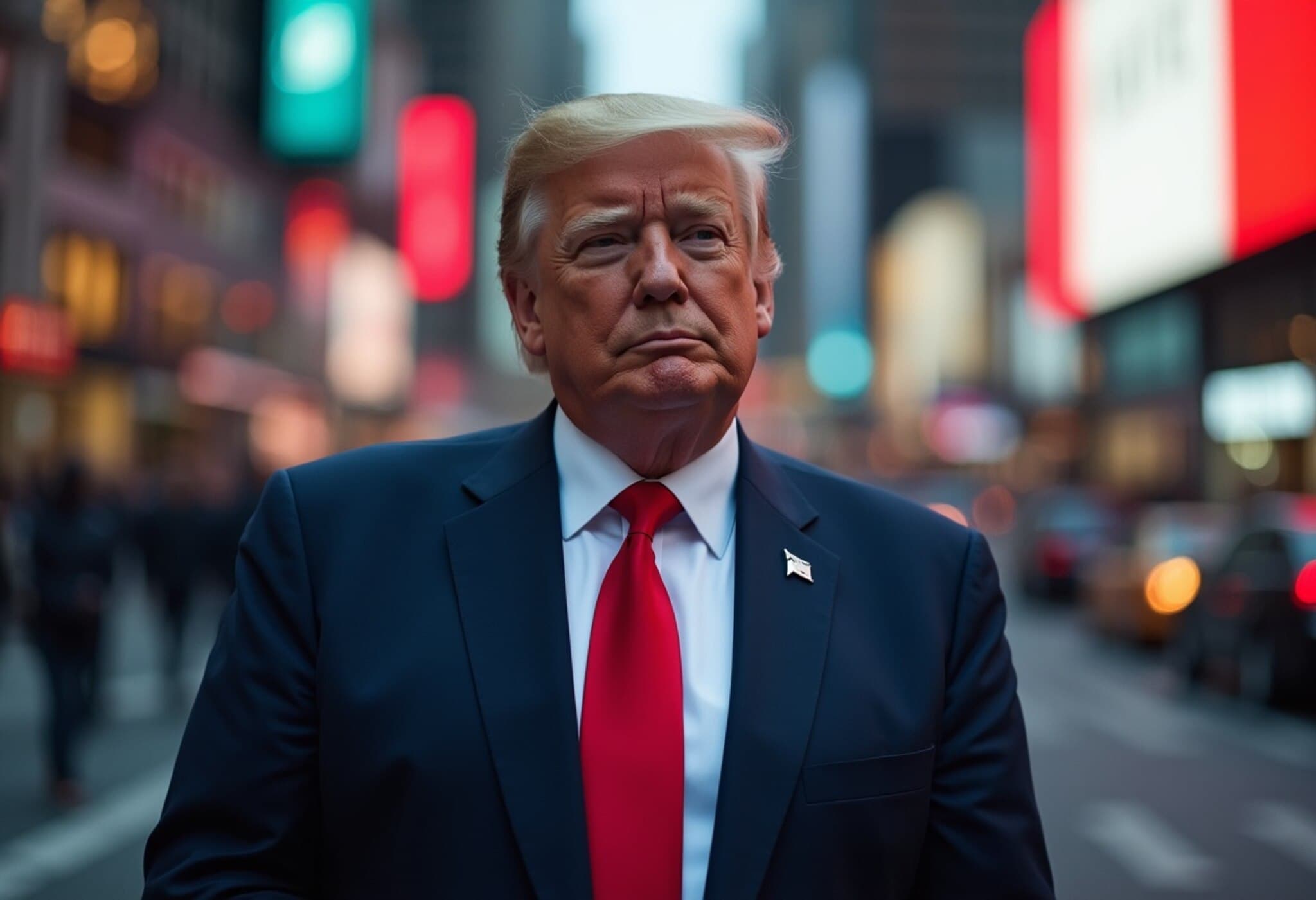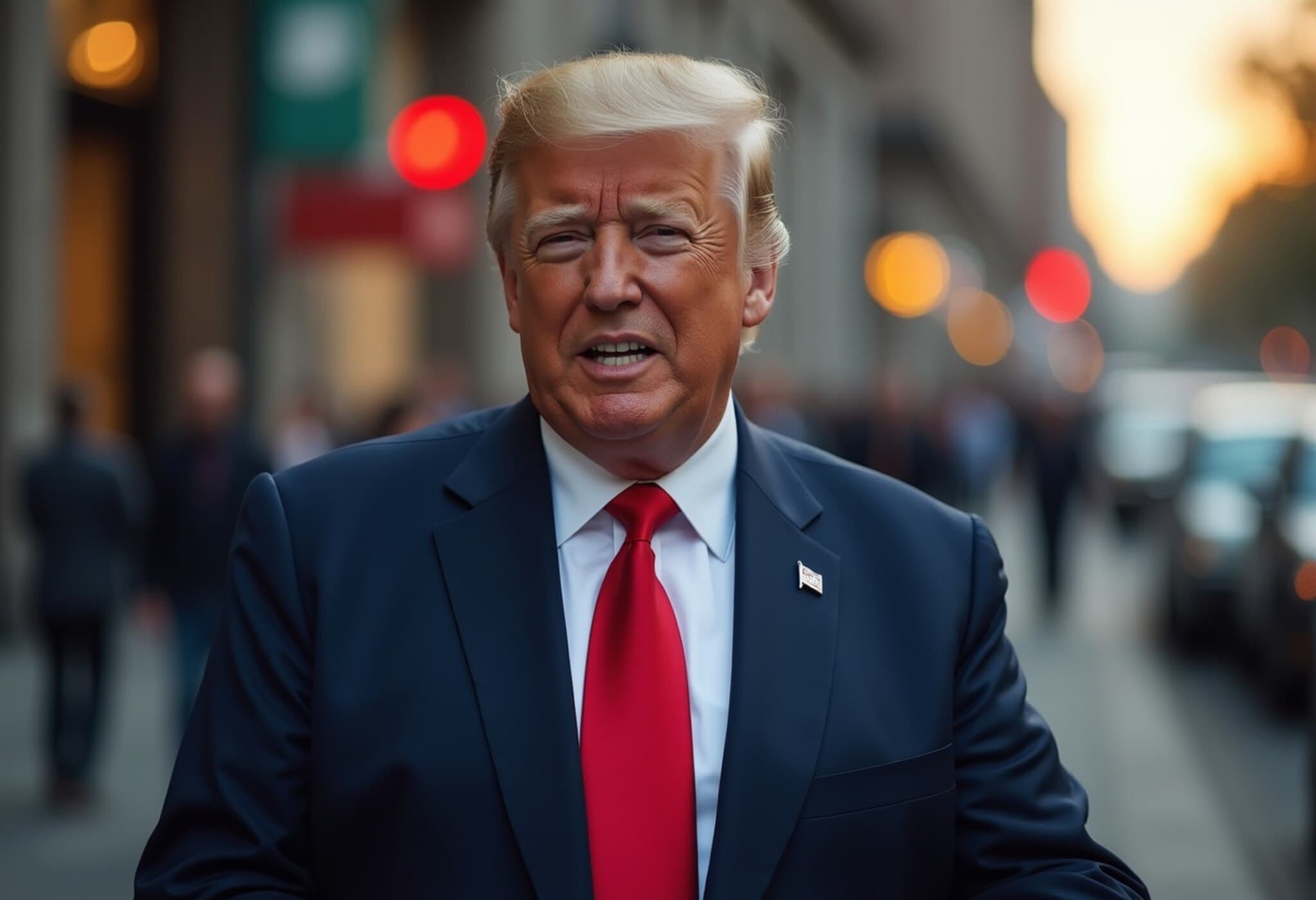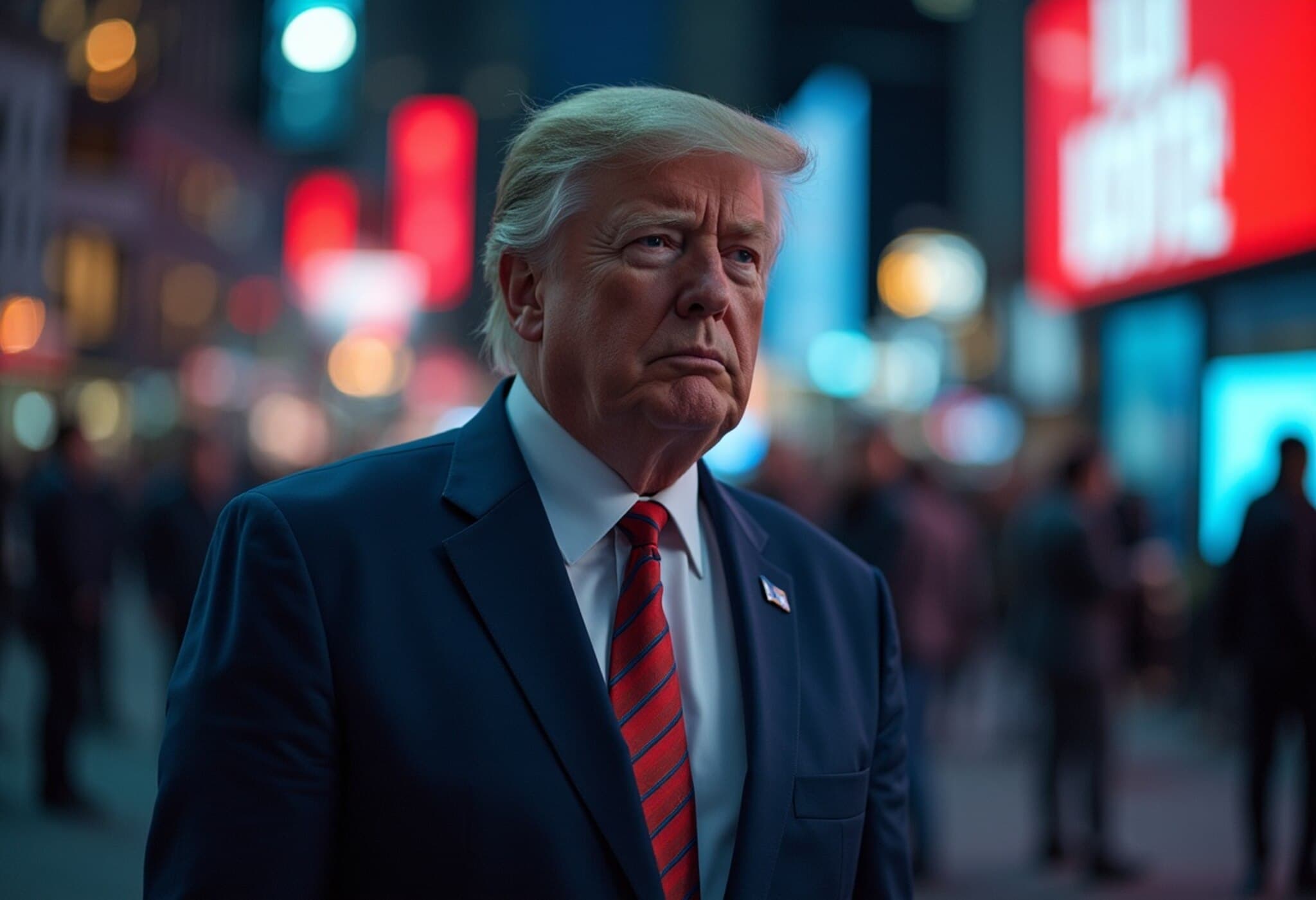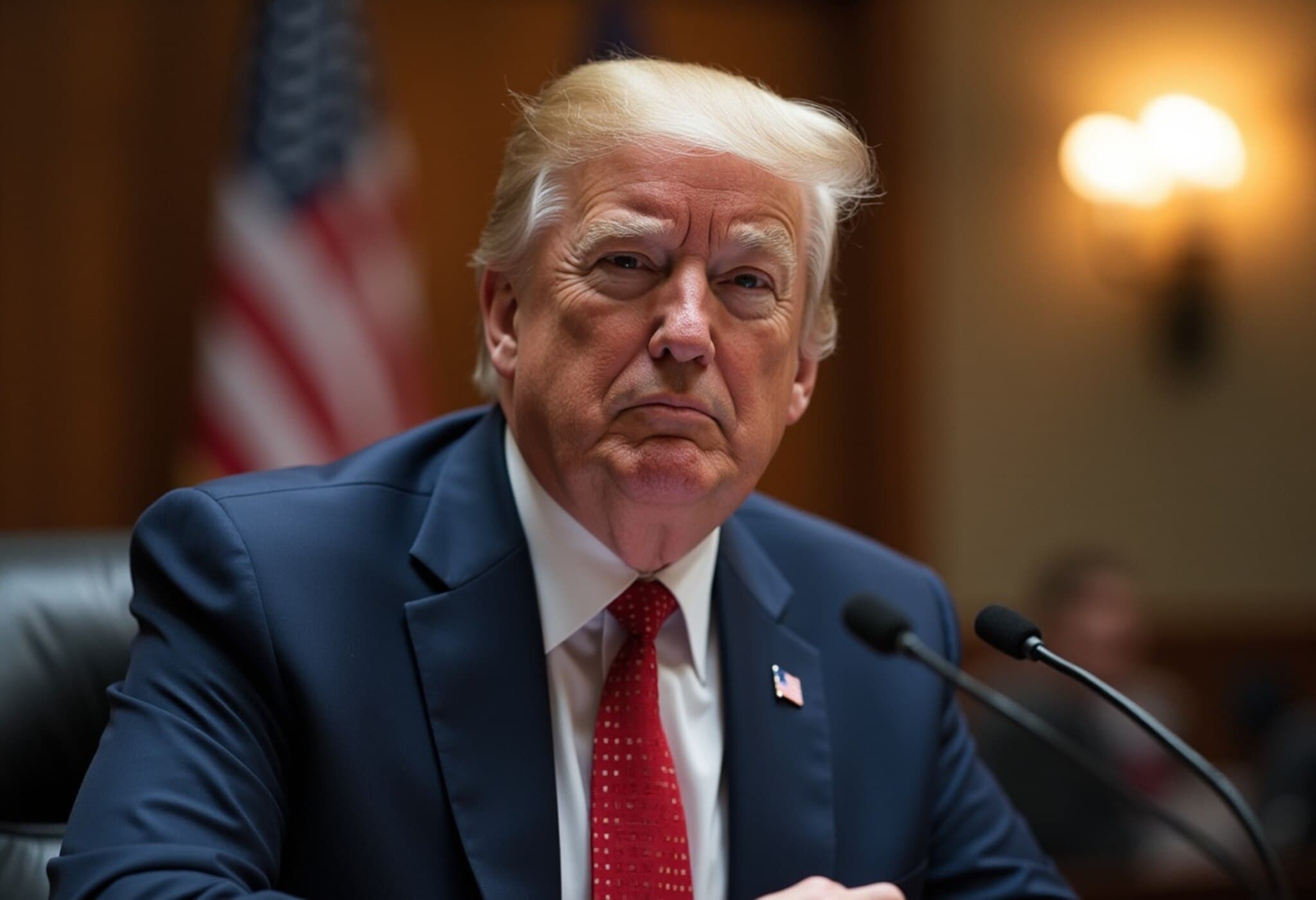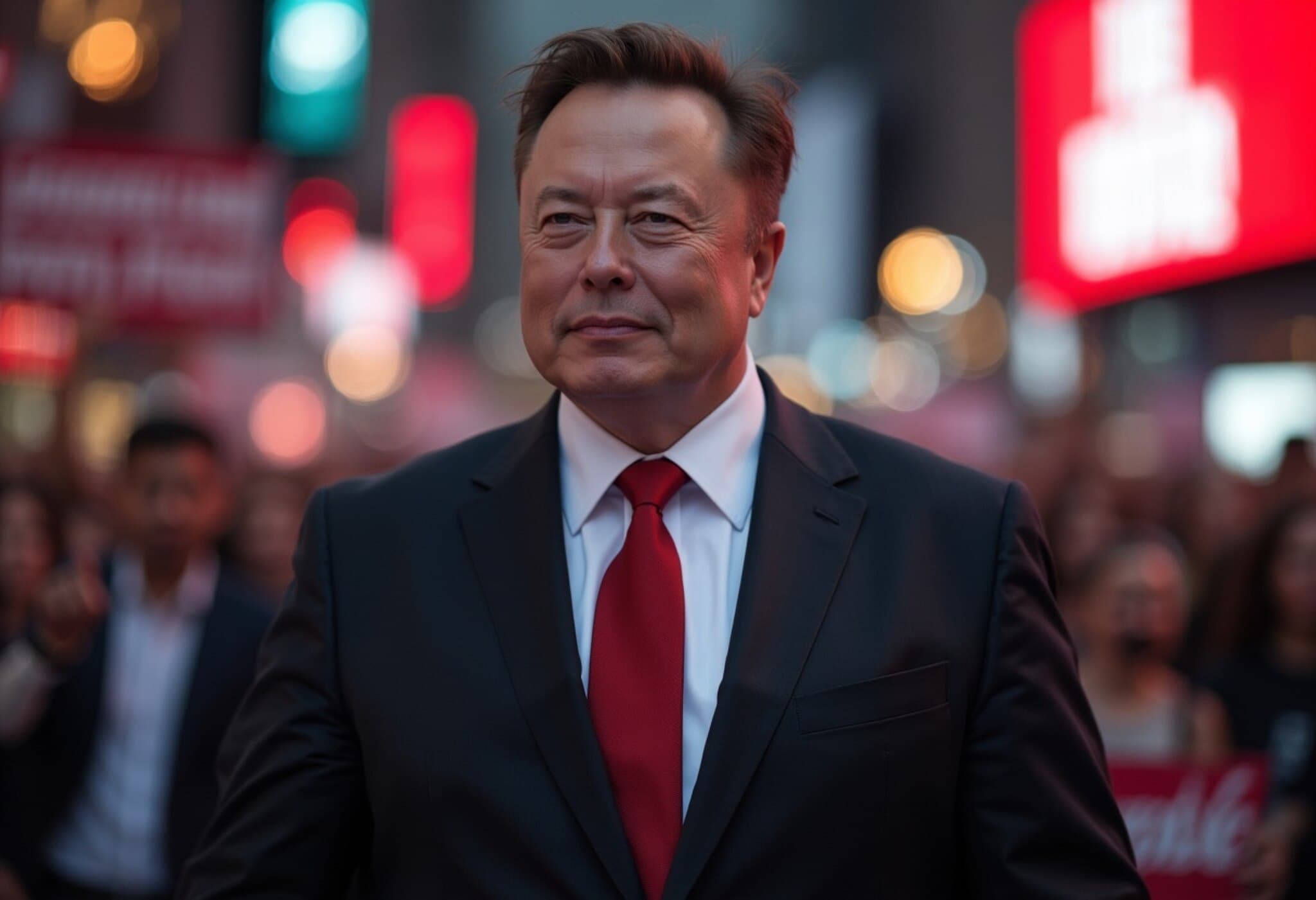US-China Trade Talks Deadlock Raises Market Concerns
In a development that has sent ripples across global financial markets, the recent US-China trade negotiations in Sweden concluded without securing an extension to the existing tariff truce. Treasury Secretary Scott Bessent disclosed that any further agreement would require President Donald Trump's direct approval, placing the pending extension in an uncertain limbo as the August 12 deadline looms.
Bessent described the talks as "far-reaching, robust, and highly satisfactory," yet cautioned that failure to agree on an extension would cause tariffs to rebound to their April levels. The prospect of escalated trade tensions has inevitably fanned investor nerves who were already grappling with mixed corporate earnings reports and economic uncertainties.
Market Volatility Fuels Investor Uncertainty
Following the stalled negotiations, major indexes such as the Dow Jones Industrial Average and the Nasdaq retreated from recent highs. Equity investors appear increasingly wary as economic indicators and earnings data signal a complex landscape ahead.
While companies like Boeing reported narrowing losses, and Starbucks CEO Brian Niccol expressed optimism about a turnaround despite a sixth consecutive quarter of same-store sales declines, other corporate giants painted a less rosy picture. Notably, UPS withheld future guidance due to ongoing macroeconomic uncertainties, highlighting broader concerns over consumer spending trends and supply chain disruptions.
Economic Snapshot: Quake, Fed Policies, and Data Releases
Adding to market jitters, a powerful magnitude 8.8 earthquake struck Russia's Far East on Wednesday, triggering a Pacific-wide tsunami alert with waves up to 13 feet reported. Although the immediate economic impact remains uncertain, such natural disasters often destabilize regional trade flows and commodity markets, underscoring the fragility of today's interconnected global economy.
All eyes are now on the Federal Reserve as it concludes its policy meeting Wednesday, looking to gauge the trajectory of interest rates amid inflation pressures and global uncertainty. Further economic data releases, including the latest GDP figures and private payroll reports, are expected to provide critical clues about the US economy's health and resilience.
Innovation Ahead: Apple's Foldable iPhone and China's AI Surge
In the technology sector, JPMorgan analyst Samik Chatterjee forecasts a major innovation milestone with Apple potentially unveiling a foldable iPhone in September 2026. This new form factor could unlock substantial revenue streams and invigorate competitors within the smartphone market.
Meanwhile, Chinese tech firms continue capitalizing on the momentum of artificial intelligence. At the World AI Conference in Shanghai, Tencent demonstrated various commercial applications of its Hunyuan AI model. This growth is mirrored in the job market, with increased interest from skilled AI engineers pivoting towards industry-specific AI solutions, signaling China's strategic shift from speculative AI research to pragmatic business applications.
Expert Insight: The Broader Implications of an Uncertain Trade Landscape
The US-China deadlock is more than just a headline; it highlights the ongoing struggle between globalization benefits and geopolitical competition. As tariffs threaten to snap back, companies caught in transpacific supply chains may face surging costs, prompting reassessments of investment and sourcing strategies.
From a policy perspective, the delay in trade truce extension raises critical questions about US economic diplomacy under the current administration: How will prolonged tensions impact inflation and consumer prices domestically? Could new tariff escalations accelerate efforts among multinational corporations to diversify manufacturing beyond China, thereby reshaping global trade structures?
Summary Box: Key Takeaways
- US-China trade talks stalled — Any new deal hinges on presidential approval, with tariffs poised to revert if no agreement by Aug 12.
- Markets react negatively — Mixed earnings and economic uncertainty dampen investor confidence.
- Natural disaster impact — Russia-Far East earthquake and tsunami alert add to global risk factors.
- Federal Reserve decision — Interest rate policy awaited amid inflation worries.
- Tech innovations ahead — Apple’s foldable iPhone and China’s AI commercial applications signal evolving market opportunities.
Editor's Note
The intersection of stalled diplomacy, environmental shocks, and shifting technological frontiers encapsulates the fragility and complexity of the current economic landscape. For readers and investors alike, vigilance and adaptability remain paramount as traditional growth drivers collide with novel uncertainties. Future analyses should also consider the cascading effects of prolonged tariffs on American consumers and global supply chain realignments, which may redefine economic power dynamics well beyond 2025.


